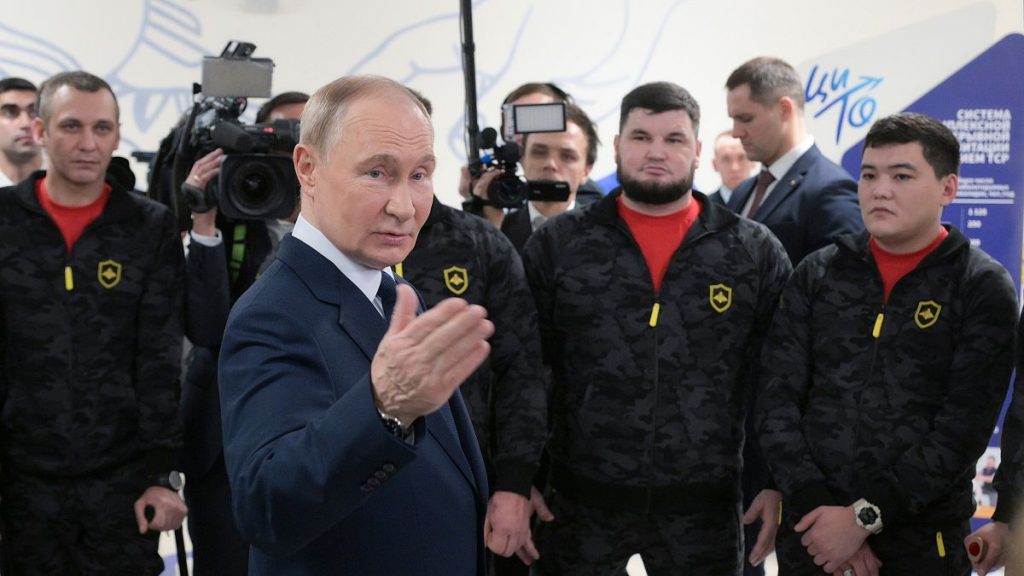Russian President Vladimir Putin recently met with injured veterans from the ongoing conflict in Ukraine to commemorate International Day of Persons with Disabilities. In this poignant gathering, he expressed gratitude to the veterans for their bravery and underscored the importance of providing comprehensive support for disabled soldiers. He emphasized the government’s role in ensuring that those who have sacrificed so much can lead fulfilling lives after sustaining injuries in combat. This interaction reveals a broader commitment to addressing the needs of war veterans, especially in terms of rehabilitation and integration into society.
During his visit to the Centre for Innovative Technologies in Orthopaedics in Moscow, Putin took the opportunity to observe the advanced prosthetic technology being developed for injured soldiers. He focused specifically on the production of prosthetics for both upper and lower limbs, demonstrating the state’s commitment to innovation in the field of orthopaedics. The center, dedicated to helping soldiers reclaim their mobility and independence, reflects efforts to use cutting-edge technology to aid rehabilitation processes. By highlighting these advancements, Putin aims to instill hope in the veterans that they can recover and thrive post-injury.
Putin’s reassurances that “everything will be fine” were intended to bolster spirits among the injured soldiers undergoing rehabilitation. His visit not only served to inspire confidence but also signaled the government’s dedication to supporting veterans through challenging transitions in their lives. By actively engaging with veterans facing physical and emotional hardships, Putin aimed to create an atmosphere of optimism and resilience. This personal interaction is crucial in offering them encouragement as they work towards recovery.
The significance of this meeting is underscored by alarming statistics regarding casualties in the conflict. According to a report from The Wall Street Journal in September, nearly one million Ukrainians and Russians have either been killed or injured since the onset of Russia’s full-scale invasion of Ukraine in 2022. This grim reality highlights the pressing need for comprehensive support structures for veterans. The substantial number of casualties represents not just a statistic, but the human cost of war, necessitating a compassionate and proactive response from the state.
Putin’s visit and the government’s focus on prosthetics and rehabilitation underscore a societal obligation to care for those who have been injured in defense of their homeland. Initiatives aimed at improving accessibility and enhancing quality of life for disabled veterans are critical components of post-conflict recovery efforts. By investing in advanced medical technology and rehabilitation services, the government is attempting to create a path toward normalization for veterans and reaffirming their value as indispensable members of society.
In summary, Putin’s engagement with veterans on International Day of Persons with Disabilities highlights a multifaceted approach to supporting those who have been impacted by the Ukraine conflict. It emphasizes the importance of recognizing the sacrifices made by these soldiers and ensuring they have the necessary resources to rebuild their lives. As the country grapples with the lasting implications of the war, the focus on rehabilitation and support for disabled soldiers reflects a commitment to addressing the complex challenges they face. The state’s obligation to its veterans is a critical aspect of national healing, providing them with hope and opportunities for a brighter future.














